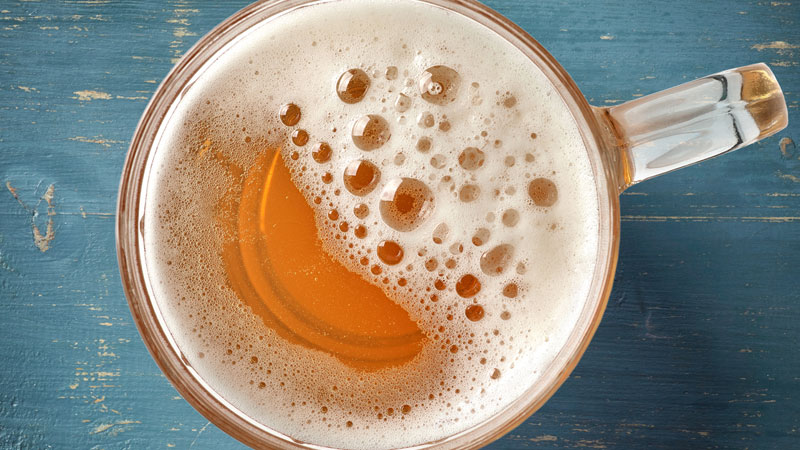How Much Protein Do You Really Need?
Understanding Your Daily Protein Needs
Published October 2024
Protein is essential for building muscle, staying full and maintaining your overall health. But how much do you really need? According to Northwestern Medicine Dietitian Bethany Doerfler, RD, many variables influence your protein needs, including how efficiently your body uses it.
Protein Intake: When More or Less Is Better
The recommended daily allowance (RDA) of protein is about 0.36 grams per pound of body weight. However, this is just a starting point. Your protein requirements can vary greatly depending on your lifestyle and personal circumstances.
You may need more protein if you are:
There’s a point of diminishing returns when it comes to protein intake.— Bethany Doerfler, RD
- Pregnant or breastfeeding: Your body needs extra protein to support fetal growth and milk production.
- An athlete or very physically active: Intense exercise increases protein needs for muscle repair and growth.
- Recovering from an injury or surgery: Extra protein supports tissue repair.
- Over 65 years old: Older adults often need more protein to maintain muscle mass.
- Trying to achieve certain fitness goals: More protein can help you build muscle or lose fat.
On the other hand, you may need less protein if you:
- Have certain kidney or liver diseases: They can impair protein processing.
- Are sedentary or have a very low activity level: Lower activity levels mean less protein is needed for muscle maintenance.
- Are following a medically supervised diet: Some health conditions require you to limit protein intake.
Remember, these are general guidelines. Talk to your clinician or dietitian if you want to know how much protein you should be getting.
Protein Intake vs. Protein Use
More protein is not always better. While protein is generally well absorbed, the body can only use so much at once for muscle repair and other functions.
“Excess protein may be stored, sometimes in the form of carbohydrates (glycogen),” explains Doerfler. “This means there’s a point of diminishing returns when it comes to protein intake.”
Choosing the Right Protein Sources
Not all proteins are created equal. Eating a lot of red meat or processed foods — which can be loaded with proteins — can increase your risk of heart disease and certain cancers.
Instead, focus on a variety of healthy protein sources, including:
- Lean meats like chicken and turkey
- Fish, such as salmon and tuna
- Eggs
- Dairy products
- Beans and lentils
- Nuts and seeds
- Soy products like tofu
When to Eat Protein
When you eat protein is almost as important as how much you eat. According to Doerfler, spreading your protein intake throughout the day can:
- Optimize your body’s ability to absorb and use it
- Help you feel fuller longer
- Help you maintain steady energy levels throughout the day
- Help you maintain muscle mass
- Support your overall health
To time your protein intake better:
- Start your day with a protein-rich breakfast
- Include a source of protein in each meal and snack
- Consume protein within 30 minutes after exercise to support muscle recovery
Balanced Eating
Protein is just one part of a healthy diet. No single food carries all the vitamins and minerals your body needs to stay healthy. A balanced diet creates the optimal environment for your body to make the most of the protein you consume.
Make sure you incorporate the following foods in your diet:
- Fruits
- Vegetables
- Whole grains instead of refined grains
- Healthy fats like avocados, nuts and olive oil
And don’t forget to stay hydrated. Water plays an important role in protein absorption.







